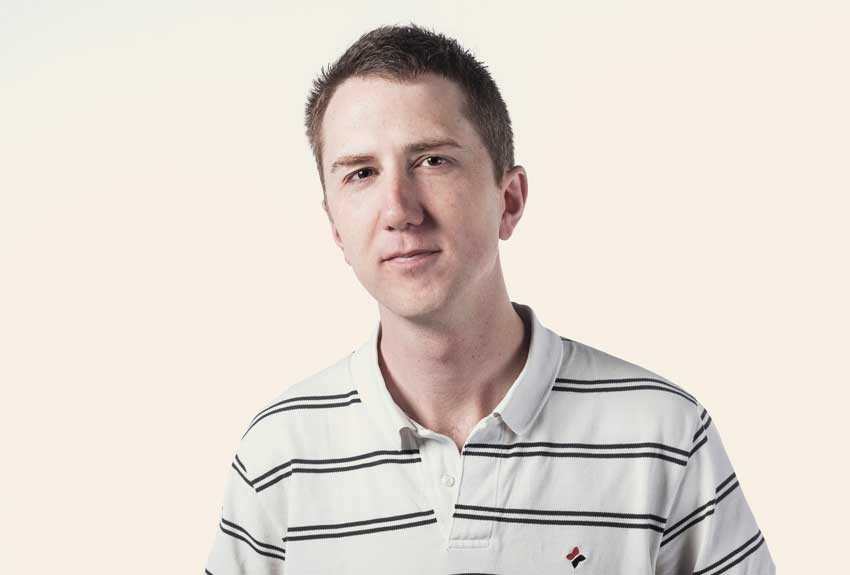The SANE Blog
Living with obsessive compulsive disorder
What is obsessive compulsive disorder (OCD)? SANE spoke to Tim Hillier about his experience of OCD, the symptoms he encounters and his advice for others diagnosed with the disorder.
I've had obsessive compulsive disorder (OCD) since I was about seven or eight years old.
I've had a lot of different symptoms throughout the years and I've read a lot about it.
People don't really see the seriousness and the impact that it has, I suppose it's seen as more of a quirk or a temporary behaviour.
What is often misunderstood about OCD?
The symptoms of checking and cleaning are the main symptoms that often get used as examples, and they're just two symptoms of an endless list. And also the way OCD works, in terms of the seriousness of it and the fact that it's fairly ongoing for most people.
For me OCD is more of a permanent thought and a permanent anxiety, rather than just something temporary. I think people don't tend to quantify it that well and they don't tend to understand those different severities and people don't fully undertand what someone is disclosing when they say they have OCD.
What has been your experience of OCD?
For me it's always been excessive thoughts that pop-up, and from here it could be a number of different things. It could be a behaviour, a compulsion, or it could be thinking about something a little bit more, trying to analyse something, it could be a mental routine, it could be avoiding something.
It's important to understand the [varying] ways OCD can come about. Over the years I might have been worrying about the sun damaging my eyes, so I've worn sunglasses or avoided the sun. I might have worried about clothes not fitting, so I might have swapped clothes. Things like that.
What advice do you have for others?
There's things that can be done, there's treatments that be quite effective these days. So I remind people that there is options.
I really [try to] empathise with them and understand what they're going through and talk them through it. And then remind them that there have been developments, there are good treatments available and there is a lot of people who suffer from OCD, a lot more than you would think. There's a lot of people out there, so remember that, and there is a lot of support and people you can talk to.
For more information about OCD, try SANE's Obsessive Compulsive Disorder Factsheet.
SANE provides a range of free telephone and online support services for people over 18 years of age with complex mental health needs and their family, friends and carers. We offer different types and levels of support so you can find what works for you. Choose from counselling, peer support, online groups and events, 24/7 community forums, and online information and resources. Learn more at sane.org/get-support.
When you subscribe to the blog, we will send you an e-mail when there are new updates on the site so you wouldn't miss them.
